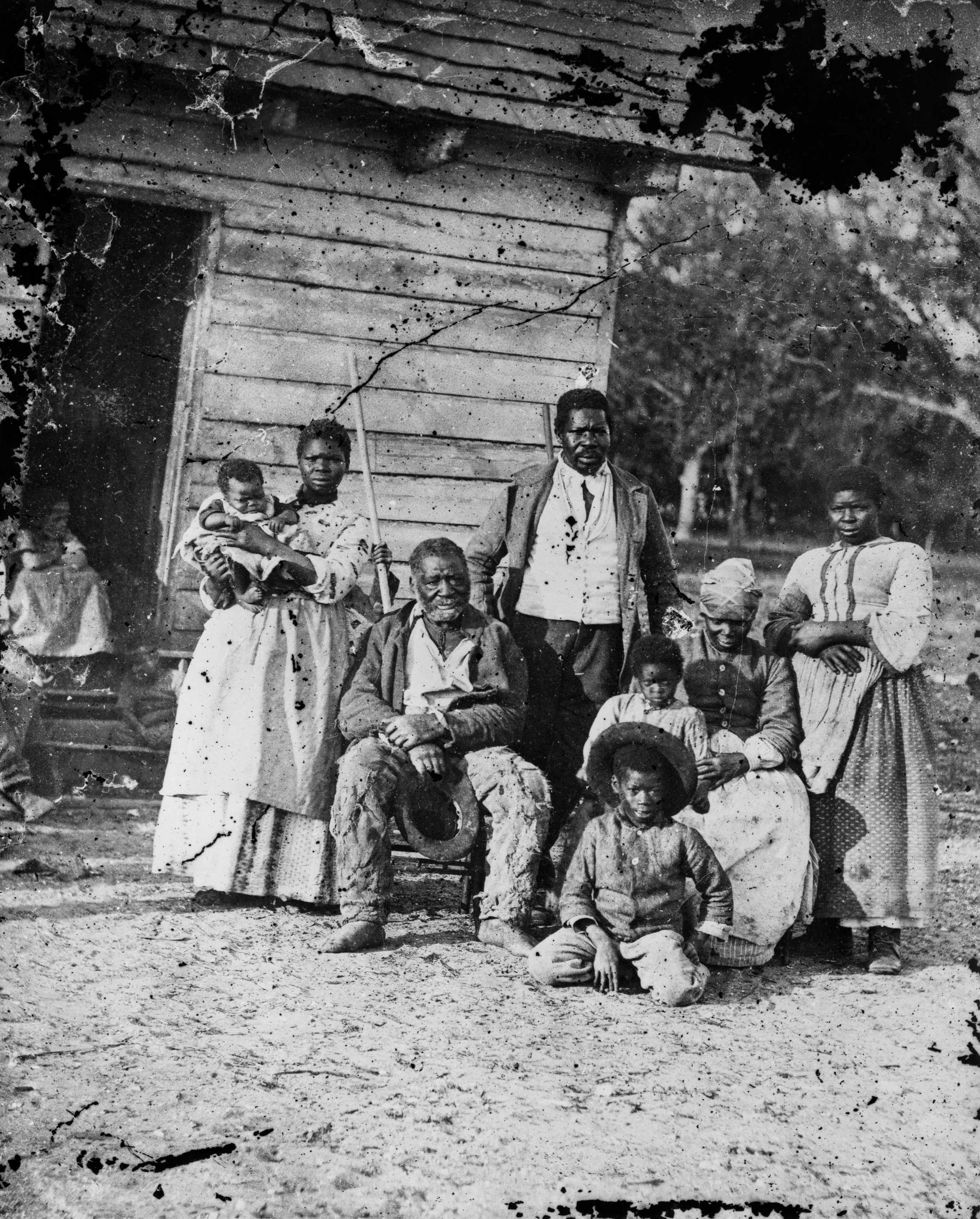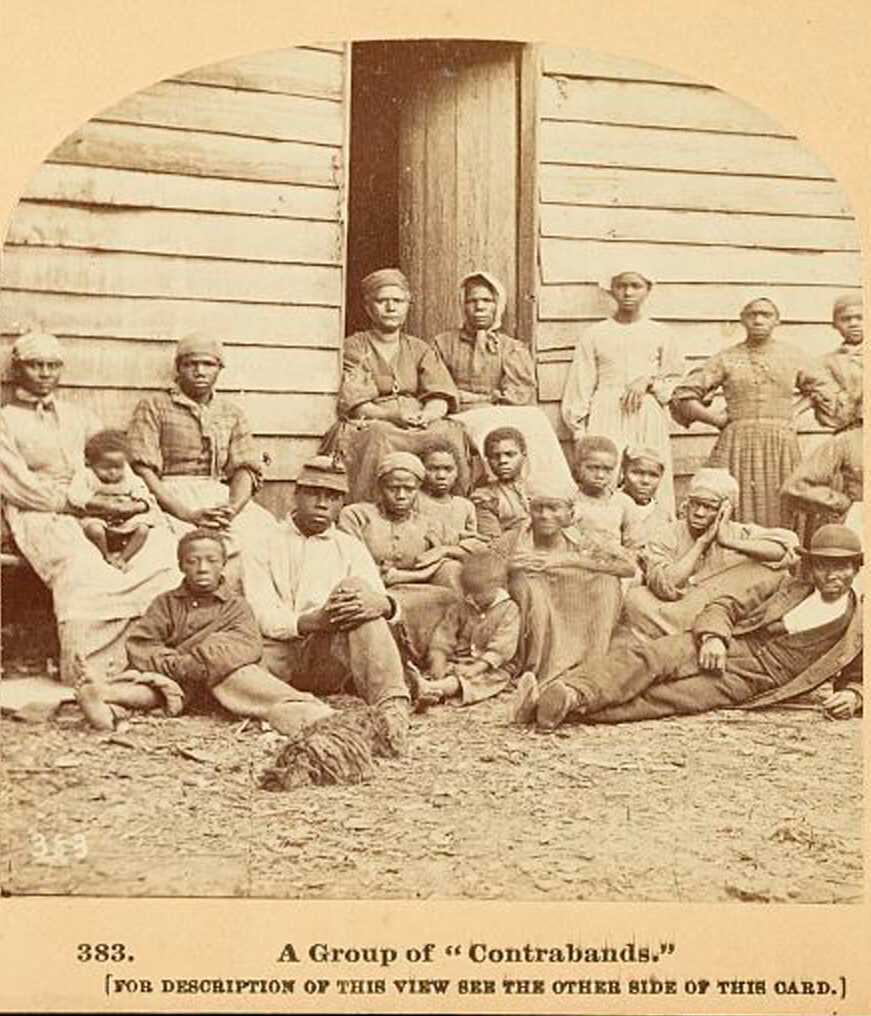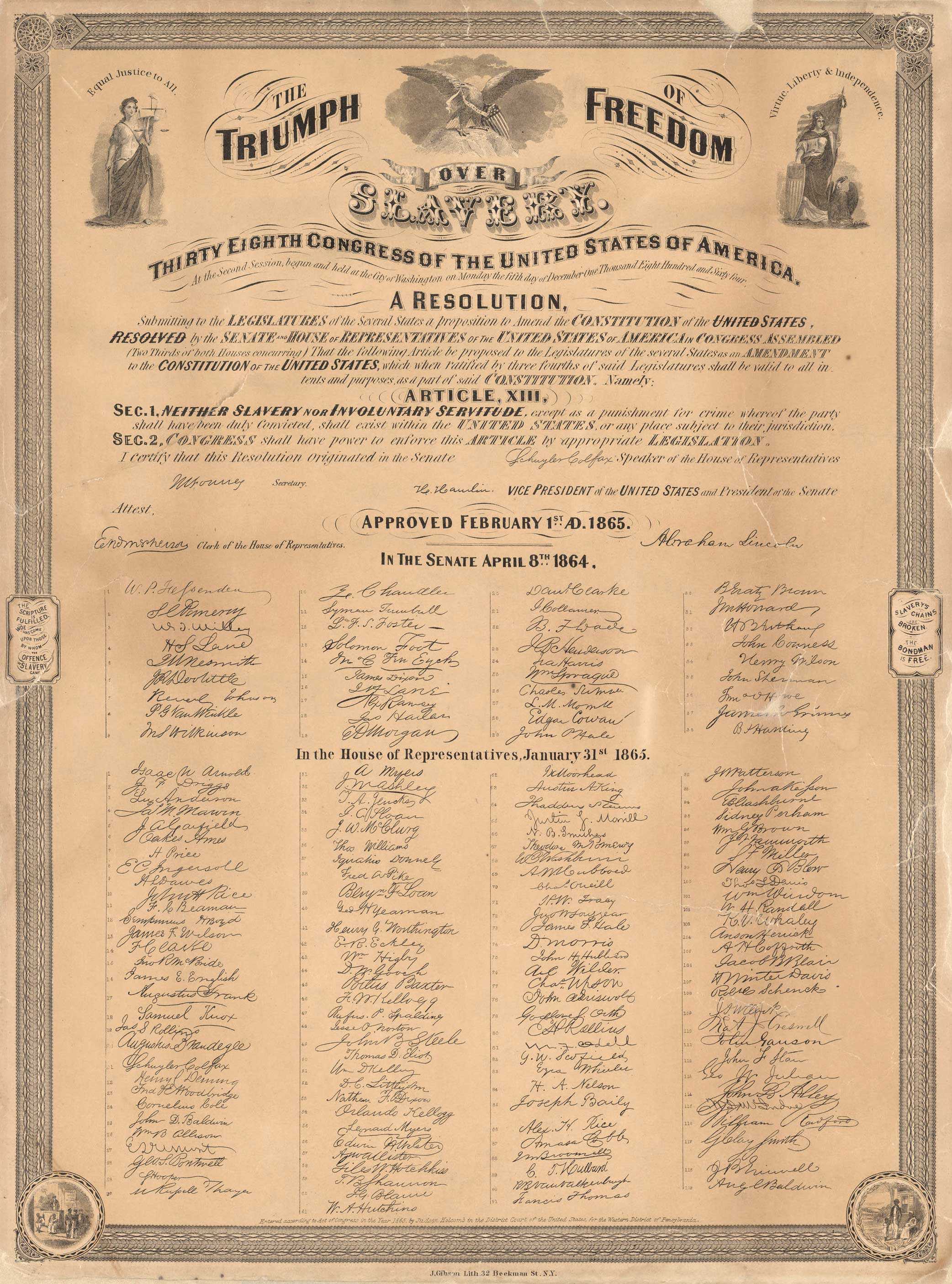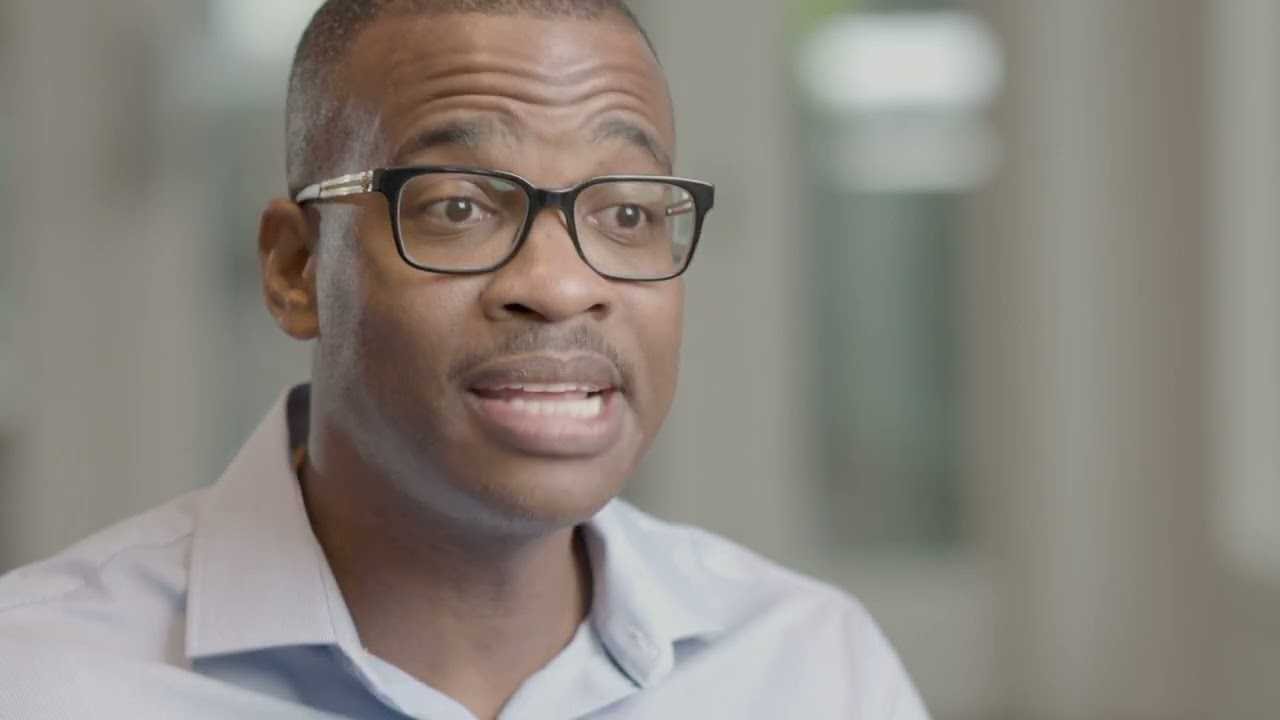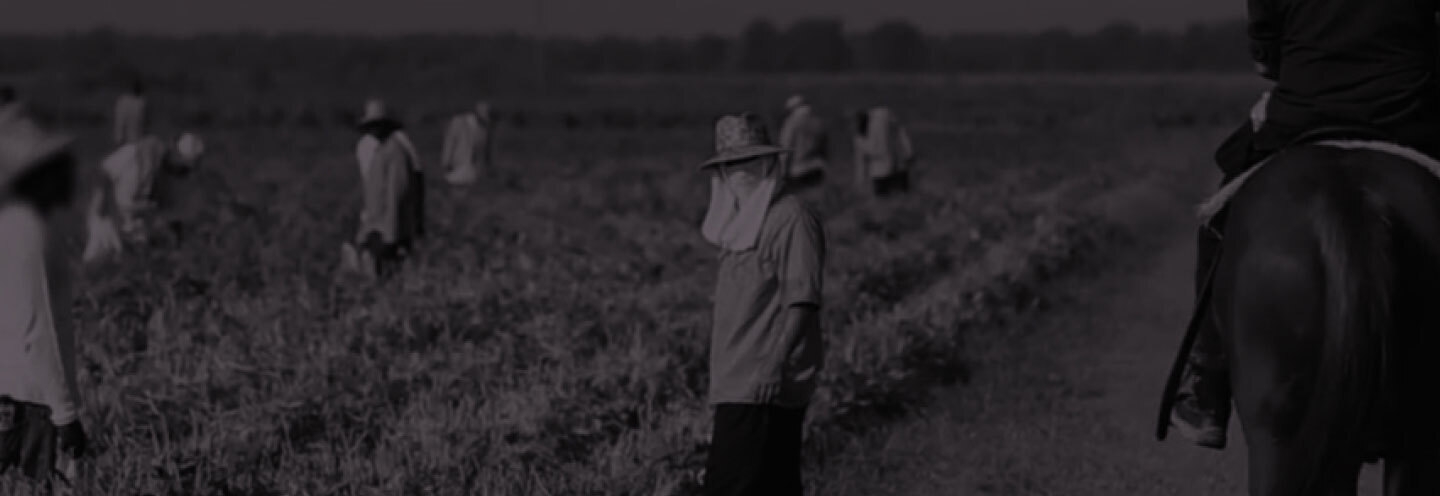
Mass Incarceration and the 13th Amendment

Neither slavery nor involuntary servitude, except as a punishment for crime whereof the party shall have been duly convicted, shall exist within the United States, or any place subject to their jurisdiction.
13th Amendment to the U.S. Constitution, 1865

Mass Incarceration
Protestors marching against mass incarceration in Washington, D. C.
Mass incarceration is a network of policing, prosecution, incarceration, surveillance, debt, and social control. It is rooted in, builds upon, and reproduces oppression and economic and racial inequalities. Some refer to this network as a carceral state, a penal state, or a criminal legal system.
The United States has the largest incarcerated population in the world. Two-thirds of those in prison are people of color. African Americans are more likely than white Americans to be arrested, convicted, and harshly sentenced for crimes.

Plantation To Prison
The Angola Three
The Louisiana State Penitentiary, built on a former slave plantation named Angola, has a long history of racial segregation, violence, and human rights abuses. It is the largest maximum-security prison in the United States, covering 25 square miles of land, and housing over 6,000 inmates and more than 1,800 security personnel.
Three Black Panther Party activists imprisoned in the 1970s—Robert King, Herman Wallace, and Albert Woodfox—spent a combined total of 114 years in solitary confinement in the prison. Known as the Angola Three, the men maintained their innocence and protested their incarceration as political prisoners. After more than 40 years of appeals, all three were eventually released.


A lot of people think that slavery is over, but it is not. Anyone who has been convicted of a felony in this country becomes a slave of the state, and you lose your human rights and in most cases your citizen rights for a long time, in some cases forever.
Albert Woodfox, 2017

Resisting Mass Incarceration
Organized resistance to mass incarceration gained momentum during the 1970s when the number of people put in prison increased dramatically at both the federal and state level. Activist organizations have used litigation, political lobbying, and public demonstrations to push for change. Their efforts have slowed the rate of imprisonment, but there are still more than one million individuals in the prison system.
Featured Video
The Sentencing Project
The Sentencing Project created this public service video to increase awareness about systemic problems in the U.S. criminal justice system. The Sentencing Project was founded in 1986 and seeks “...effective and humane responses to crime that minimize imprisonment and criminalization of youth and adults by promoting racial, ethnic, economic, and gender justice.”

From Slavery to Freedom: The 13th Amendment
The 13th Amendment, which ended slavery in the United States, was ratified in December 1865. It transformed the Emancipation Proclamation from a wartime presidential edict to national law.
